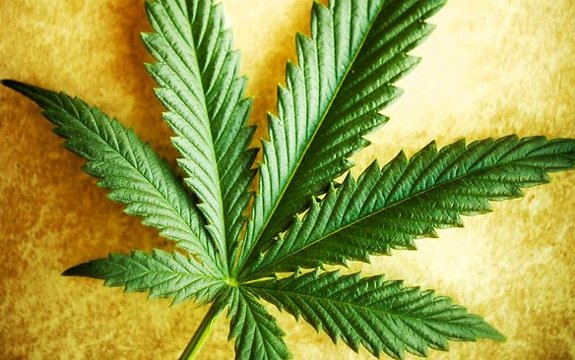Successfully Overturning the Fed’s Hemp Ban: 4 Uses for Hemp

 Growing hemp without a federal permit has been banned since the 1970s, but regulations and restrictions on the sale of Cannabis sativa as a drug began as early as 1619. It is currently classified as a controlled substance on Schedule I, just like marijuana and heroin, even though you couldn’t get high off of hemp if you smoked a truckload of it. Hemp cultivation is currently only allowed in pilot studies in a few states as part of the latest federal farm bill, but its widespread cultivation in still illegal. Why?
Growing hemp without a federal permit has been banned since the 1970s, but regulations and restrictions on the sale of Cannabis sativa as a drug began as early as 1619. It is currently classified as a controlled substance on Schedule I, just like marijuana and heroin, even though you couldn’t get high off of hemp if you smoked a truckload of it. Hemp cultivation is currently only allowed in pilot studies in a few states as part of the latest federal farm bill, but its widespread cultivation in still illegal. Why?
The Michigan House overwhelmingly passed a bill which allows industrial hemp research, and Kentucky got their seeds back from a Drug Enforcement Administration (DEA) seizure which took place when it was accepting delivery from Italy for pilot studies planned throughout the state with over two dozen different Universities participating in cultivating strains for commercial and industrial use.
Furthermore, the South Carolina House gave final approval to a bill that authorizes the cultivation and production of industrial hemp within the state, effectively nullifying the unconstitutional federal ban. Tennessee also has a bill up for review, (HB 1392), which would allow hemp cultivation in the state. It has already passed through a House subcommittee vote.
Twelve states currently have laws allowing hemp production via the farm bill allowances – California, Colorado, Indiana, Kentucky, Maine, Montana, Nebraska, North Dakota, Oregon, Utah, Vermont, and West Virginia — according to the National Conference of State Legislatures.
Read: What You Should Know About the Hemp Amendment
The Many Uses of Hemp
So why has hemp been banned all this time? It is simply a threat to oil companies, tobacco companies, pharmaceutical companies, alcohol companies, and many chemical corporations. Some have likened the nation-wide allowance of hemp and marijuana cultivation as being equivalent to an industrial atomic bomb. The plant is so useful, it could wipe out entire industries.
Hemp can be used for so many things, including:
- 1. Clothing and textiles – Hemp has been utilized since 8000 BC. It is an incredibly strong fiber which grows quickly and needs less water and no pesticides. George Washington and Thomas Jefferson grew hemp, but this is often glossed over by modern-day government. Hemp paper could also replace our dependency on trees, and counteract clear-cutting which is eliminating our forests faster than we can replace them.
- 2. Hemp can replace toxic plastics that are currently made from petroleum and contain numerous carcinogenic ingredients. Hemp bottles, for example, would be 100% non-toxic and 100% biodegradable, as well as recyclable.
- 3. Hemp oil and hemp seed have tremendous use as both a food source and as a medicinal supplement; also as a form of fuel – Hemp oil can also be used in soaps, shampoos, lotions, and other cosmetics without adding toxic chemicals. It can moisturize the skin, be used as a cooking oil, and even as a biodiesel fuel. Some say that Henry Ford and the inventor of the diesel engine, Rudolf Diesel, never intended to use oil as fuel, but actually hemp. You can bet the oil companies have made sure that hasn’t happened.
- 4. Hemp provides great building materials – Companies in the Netherlands and Ireland are doing incredible things with hemp. There is a wonderful video that explains how to utilize hempcrete, a sustainable building alternative to concrete.
In much the same manner that oil companies have blocked solar and wind power, Monsanto and Dow have blocked organic farming and independent studies proving GMOs are toxic. Industry special interests have kept hemp from Americans – but no longer. We’re overturning the federal ban one state at a time.

Exactly why we don’t need GE trees which are being planted!
All the reasons mention in this article is why Non-Narcotic Hemp is having so much trouble getting a foot hold in US industry. It will be competing more efficiently against all these companies, taking some of their revenue and possibly putting them out of business.
Not to mention is the body construction of automobiles, since it can be made stronger and lighter, than metal and plastic, which is presently used today. It can also replace 2×4 wood and metal building construction for homes, etc.
The one I like best is a fuel to compete with the oil/gasoline industry. Less pollutant in so many ways.
It will be more nutritious as a feed for animals. Far superior to GMO soy and corn.